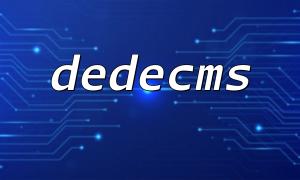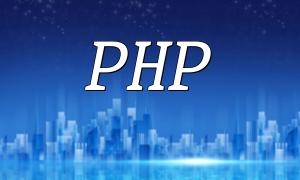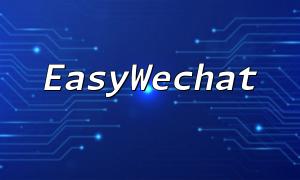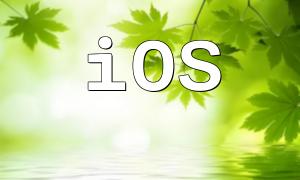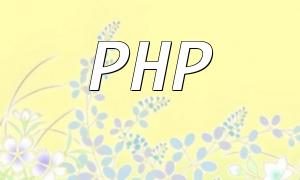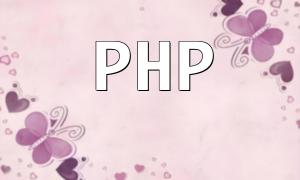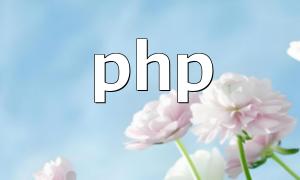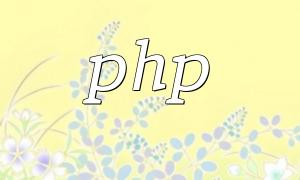As PHP continues to expand beyond traditional web applications, using it to develop command-line tools has become increasingly common. While CLI tools operate outside the browser, they still face risks like input tampering, command injection, and error disclosure. This article provides a structured guide to addressing these concerns.
Command-line tools often receive input via arguments, environment variables, or standard input. Thorough validation of this input is crucial as the first layer of defense against attacks.
Always ensure the input matches the expected type (e.g., integer, float, string). The filter_var() function is useful for this:
$ip = '127.0.0.1';
if (filter_var($ip, FILTER_VALIDATE_IP) === false) {
throw new InvalidArgumentException("Invalid IP address");
}
Setting reasonable input length limits can help prevent buffer overflows and other unexpected behavior.
$input = $argv[1];
if (strlen($input) > 100) {
throw new InvalidArgumentException("Input exceeds maximum length");
}
PHP CLI tools that execute system commands are particularly vulnerable to command injection. Carefully sanitizing inputs is essential.
When including user input in system commands, always escape arguments to prevent injection:
$filename = escapeshellarg($input);
$output = shell_exec("cat $filename");
echo $output;
Whenever possible, use PHP’s built-in functions instead of relying on shell commands to reduce the attack surface.
Without a GUI, CLI tools must rely on clear error messages and proper logging to ensure maintainability and security.
Use try-catch blocks to handle errors and provide informative messages in the terminal:
try {
// Core logic
} catch (Exception $e) {
echo "Error: " . $e->getMessage() . "\n";
exit(1);
}
Logging input and errors is critical for security auditing and debugging:
file_put_contents("app.log", date("Y-m-d H:i:s") . " - Input: $input\n", FILE_APPEND);
Many CLI tools rely on third-party libraries, making dependency management and regular updates a core security practice.
Composer is the standard package manager for PHP and provides powerful dependency tracking and versioning capabilities.
Monitor the security advisories of your dependencies and consider using automated tools like Dependabot or sensiolabs/security-checker to detect known vulnerabilities.
Security should be a top priority when developing PHP CLI tools. By validating input, preventing command injection, implementing proper error handling and logging, and maintaining updated dependencies, developers can build secure and reliable command-line applications ready for production environments.
